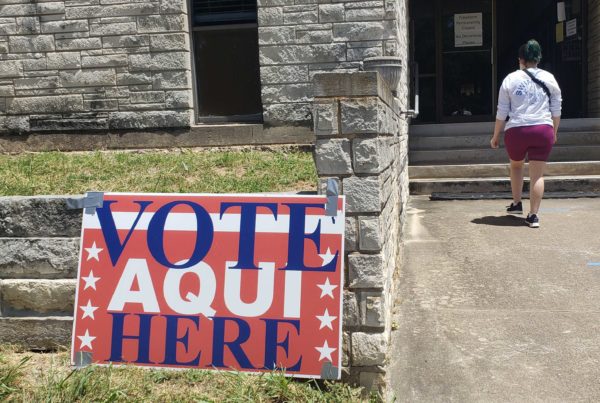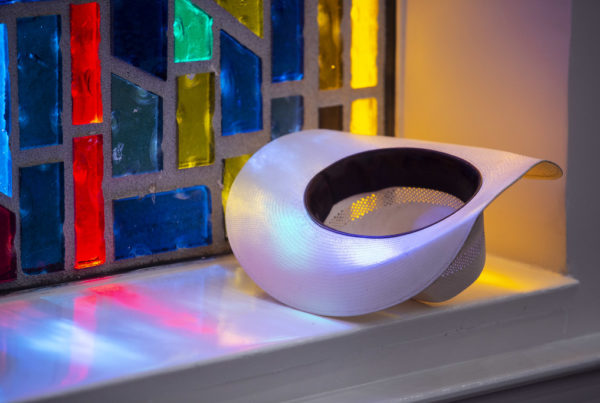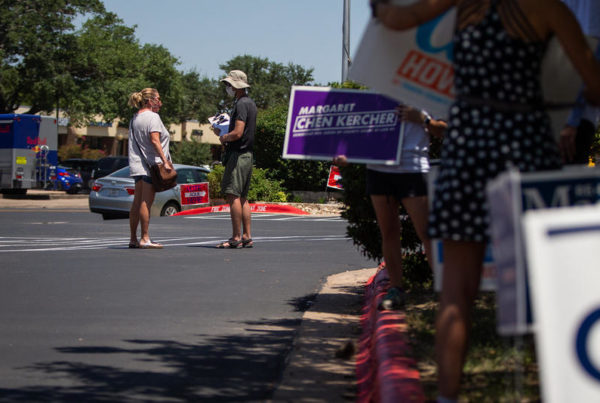From Texas Public Radio:
UT’s roadmap for the fall semester was unveiled over the summer under the slogan “Protect Texas Together.” The online guidance states, “By committing to protect your fellow Longhorns and yourself, you are helping maintain a healthy, safe environment and showing all members of the UT community compassion, care and respect.”
Many students and faculty have said they are thrilled to be back, and local public health officials have expressed appreciation for a number of the university’s preventative measures. However, the administration has failed to follow through on several key strategies and has allowed massive gatherings to proceed over the objections of medical experts. Responsible student behavior is crucial to the success of UT’s reopening plan, but young people’s intense psychological need to socialize makes risky activity more likely.
Asking Students To Behave Responsibly: ‘Against Their Nature’
Community spread is active in Austin’s West Campus neighborhood, where most students live. A Texas Tribune analysis found a more rapid spread of COVID-19 in the West Campus ZIP code than anywhere else in Travis County. The trend continued a week after the analysis was published. On Sept. 29, the area had more new cases than any other ZIP code over the previous 28 days, the previous 14 days and the previous seven days.
Guadalupe Street divides the UT campus from the mostly residential area of West Campus. At the corner of 27th, a nondescript, five-story building rises above a shuttered bar on one side and a busy In-N-Out restaurant on the other. A weathered, red banner reading “Taos Cooperative” stretches around the exterior. Cooperatives — or co-ops — are student-run residential buildings. The 40 residents at Taos decide rent, expenses and, now, how to respond to COVID-19.
The Taos Co-op has a rough contact tracing and isolation plan in place for any potential cases. And any resident who puts the community at a reckless level of danger can be held accountable under the ableism provision of the community’s harassment policy, as the virus is more likely to cause severe complications for people with diabetes, asthma and other medical conditions.
Late at night, the sound of indie music and clanging pots and pans echoed from the industrial-style kitchen as a masked resident finished a late-night clean.



















